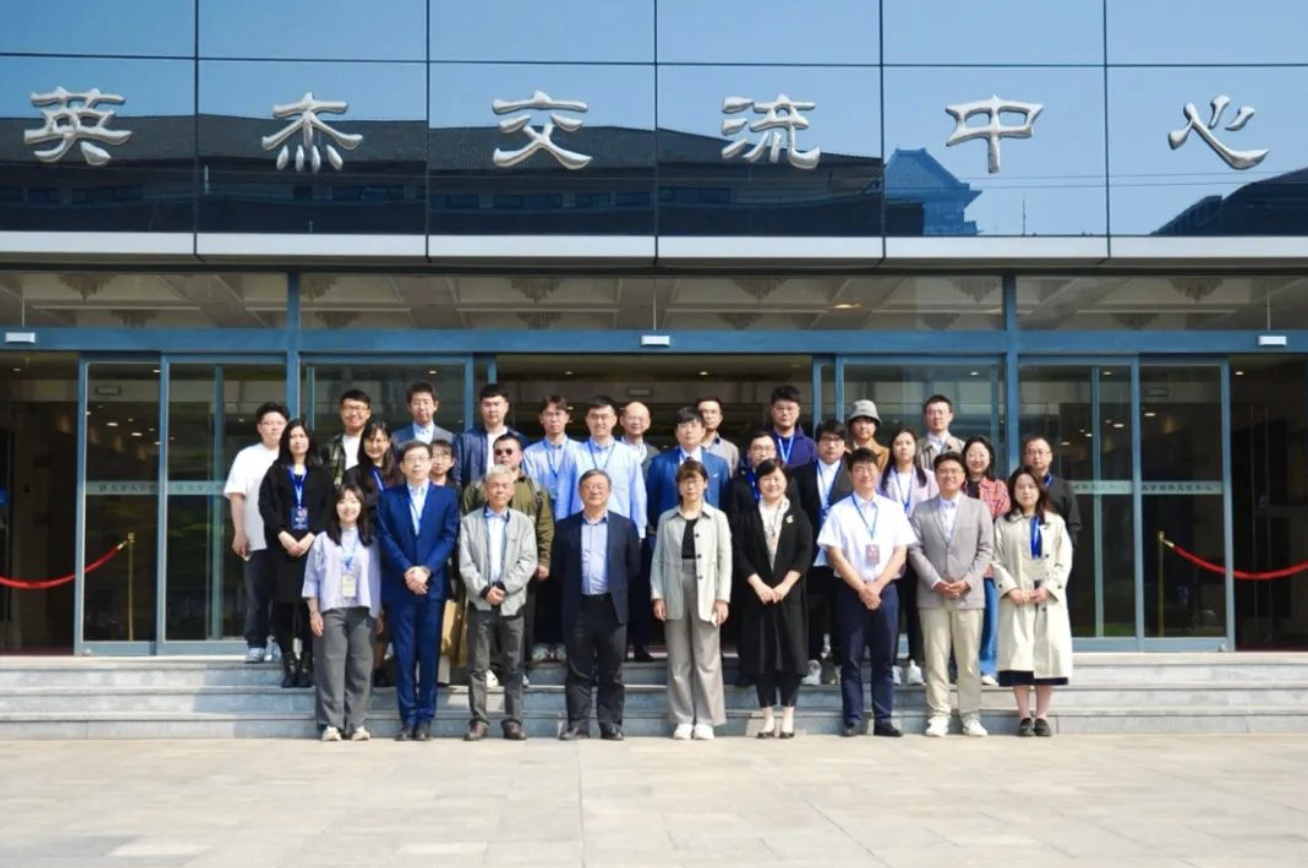
On the occasion of the sixth anniversary of the Institute of Area Studies Peking University (PKUIAS), the Institute organized the Fourth Doctoral Student Forum on April 21, 2024. The forum aims to promote academic exchanges among doctoral students in the discipline of area studies and encourage them to pursue their studies in related fields and continuously improve their academic level.
The theme of this forum was “Area Studies Amid the Unprecedented Changes over the Past Century,” with three subforums titled “National Development and Modernization,” “Regional Integration and Geo-Relationships,” and “Civilization Exchange and Mutual Learning.” A total of 110 doctoral students from 50 colleges and universities at home and abroad submitted papers to the forum, and 21 papers stood out after being evaluated by experts from inside and outside the university.
The opening ceremony was attended by Tang Shiqi, director of PKUIAS; Zhai Kun and Wang Dan, deputy directors of PKUIAS; Jin Ge, assistant to the director of PKUIAS; An Chunying, deputy editor-in-chief of West Asia and Africa, Institute of West Asian and African Studies, Chinese Academy of Social Sciences (CASS); Zhang Haoqi, research fellow at the Institute of Russian, Eastern European and Central Asian Studies, CASS; Tao Qingmei, executive editor-in-chief of Beijing Cultural Review; Ren Na, associate research fellow at the National Institute of International Strategy, CASS; Fei Haiting, assistant professor of PKU’s School of Government, and Zhang Minyu, assistant professor of PKU’s School of Foreign Languages. The opening ceremony was moderated by Prof. Wang Dan.
In his opening speech, Prof. Tang Shiji welcomed the guests and speakers of the forum. From his academic experience, he shared with the participants his understanding of the essence, connotation and development path of area studies. He put forward his thoughts on how to observe and analyze the hot topics of the times from the perspective of area studies and expressed his hope for the successful holding of the forum. Prof. Zhai Kun delivered a keynote speech analyzing the development history of area studies, the establishment of the discipline and the objectives of talent training in area studies. He also expressed his ardent hope for young students from different disciplinary backgrounds to participate in the construction of area studies discipline together.
The sub-forum on “National Development and Modernization Studies” featured Zhai Kun, Fei Haiting, An Chunying and Tao Qingmei as panelists. A total of eight doctoral students made presentations and discussions on a variety of topics related to tribal construction, colonial governance, state construction and development, poverty governance and modernization in Southeast Asia, Central Asia, Northern Europe, North Africa and other regions.
Zhang Minyu and Ren Na were panelists for the sub-forum on “Regional Integration and Geo-Relationship Studies.” A total of six doctoral students presented and discussed various topics related to transnational maritime security, industrial competition and collaboration, and the evolution of order and norms in South Asia, Southeast Asia, and Europe, as well as in regional organizations.
Jin Ge and Zhang Haoqi were commentators for the sub-forum on “Civilization Exchange and Mutual Learning.” Seven doctoral students made presentations and discussions on cross-border migration, cross-cultural exchanges and mutual learning between Eastern and Western civilizations in Southeast Asia, South Asia, Northern Europe, Central Asia, West Asia and North Africa.
In each sub-forum, the panelists offered targeted guidance and suggestions on the relevance of the topic selection of the papers submitted by the students, the importance and refinement of the problem awareness, the differentiation and definition of the core concepts, the sensitivity of the research focus, the use and integration of historical and field materials, the reasonableness of the design of the research methodology, the cross-disciplinary research methodology as well as the theoretical framework, the appropriateness and completeness of the logical chain of the text, and the differences between theoretical essays and current commentaries.
At the closing ceremony, Fei Haiding, Zhang Minyu and Jin Ge made comments on the speeches of each sub-forum, the academic value of the papers and their shortcomings, and expressed their affirmation of the academic enthusiasm of the students and their expectations for the future development of young scholars in area studies.
Wang Dan announced the winners of the awards for excellent papers. The first prizes were awarded to three winners, Liu Qinglong from Peking University, Wu Zeping from Renmin University of China, and Zhang Dongning from Fudan University; and the second prize winners were Patykhash Talapbek from Zhejiang University, Zhao Xinlei from Jinan University, and Wang Xinyi from Beijing Foreign Studies University. The panelists from the sub-forums presented certificates and prizes to the winners.
Prof. Wang Dan delivered a closing speech, in which she expressed her sincere gratitude to the support of Graduate School of Peking University, and hoped that all the doctoral students would keep in mind their responsibilities and missions, and work hard to become “expert/generalist” on the road of their studies.


